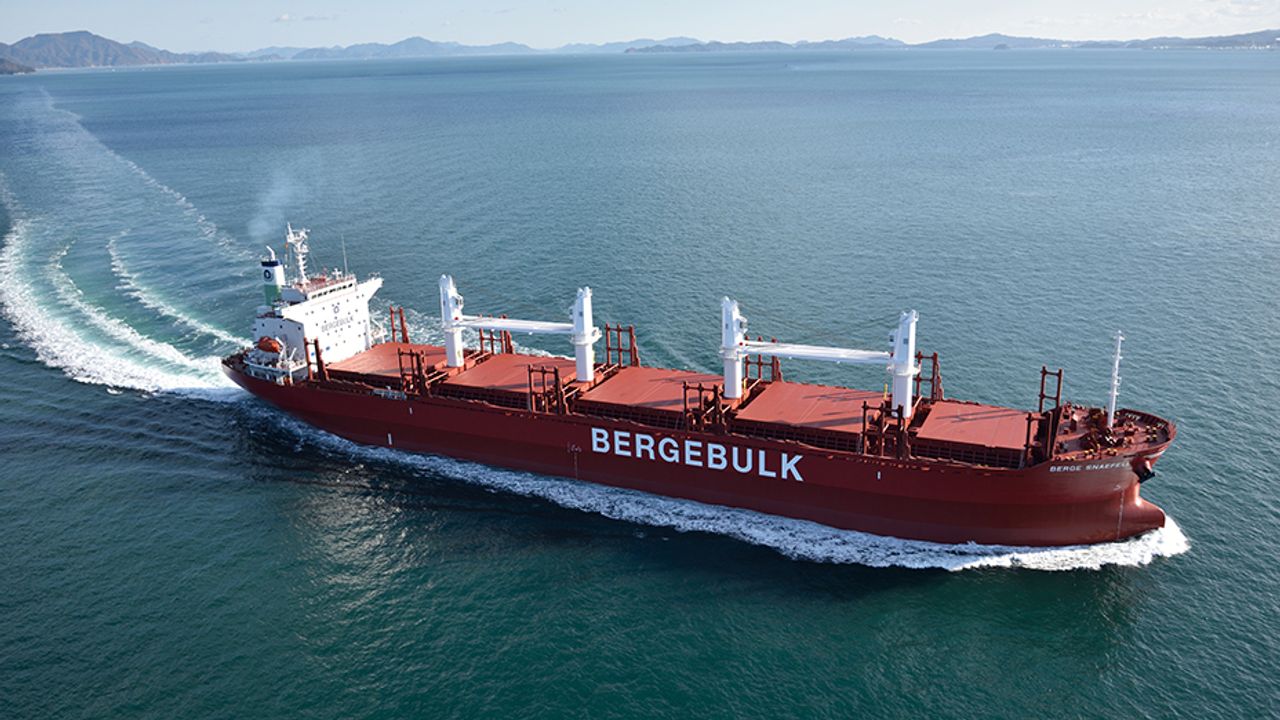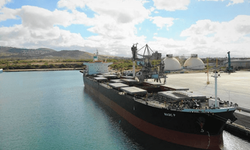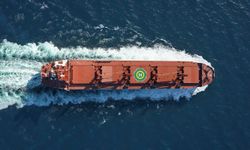The selected Rotor Sails, installed on Anemoi’s bespoke folding deployment system, can be folded from the vertical to mitigate impact on air draught and cargo handling operations when in port. “Leveraging the latest in wind technology to reduce our fleet’s emissions is an important part of Berge Bulk’s ‘Maritime Marshall Plan’ for decarbonization. We are optimistic that these Rotor Sails can deliver up to 8% carbon reduction,” said Paolo Tonon, Berge Bulk’s Technical Director.
Kim Diederichsen, CEO of Anemoi, remarked, “Anemoi’s collaboration with Berge Bulk demonstrates how we are both working in partnership to ultimately secure shipping’s zero-emission future. Anemoi remains committed to maintaining its position as a leading provider of critical vessel decarbonization technology.”
Rotor Sails, also referred to as ‘Flettner Rotors’, are vertical cylinders that, when driven to rotate, harness the renewable power of the wind to propel ships. These mechanical sails capitalize on the Magnus Effect to provide additional thrust, increasing efficiency by reducing the load on the main engine while maintaining speed, thus substantially reducing fuel consumption and greenhouse gas emissions.
The technology is gaining traction among ship owners, especially in the bulk sector, who aim to achieve net-zero shipping emissions. Rotor Sails offer a compact and efficient solution, providing a large thrust force to propel ships and helping them comply with international emission reduction benchmarks such as the Carbon Intensity Indicator (CII) and EEDI/EEXI.
As the shipping industry strives for greener operations, the successful deployment of Rotor Sails on Berge Neblina marks a pivotal move towards sustainable maritime practices.






